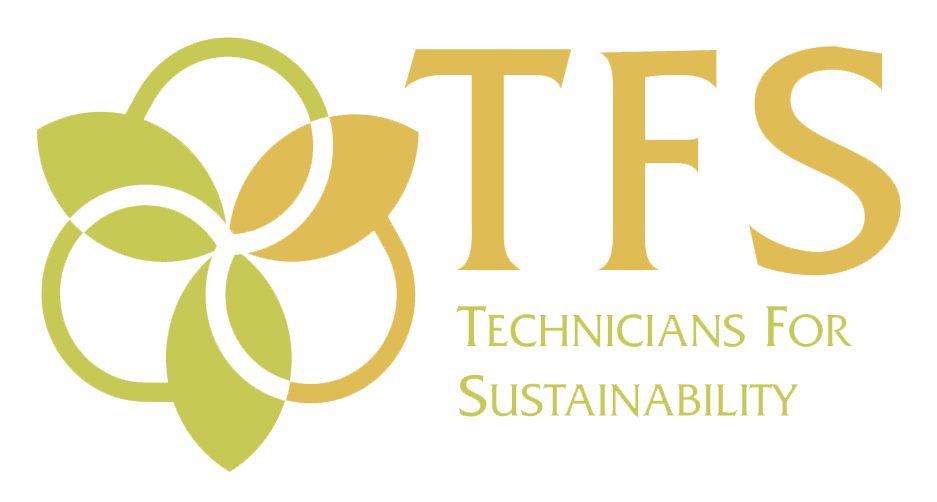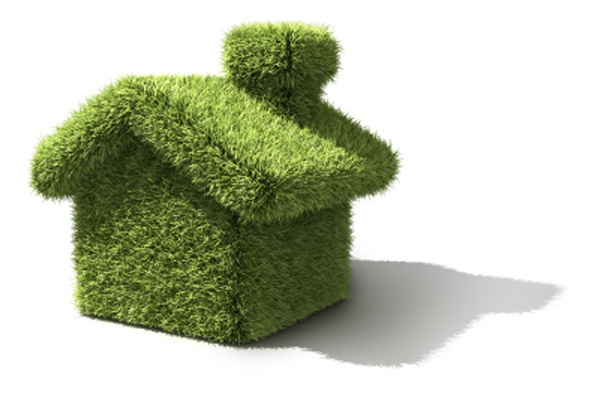A presidential proclamation, in 1991, made October Energy Awareness Month. For 19 years, non-profit organizations, large and small businesses, government organizations, and concerned citizens have celebrated this month with activities and actions to promote public understanding of our energy needs and simple ways to reduce the amount of energy we consume in our everyday lives.
According to a nationwide poll conducted by RESNET, only 33% of Americans believe their own home is energy efficient, although 90% are concerned with energy efficiency. What this tells us is that most Americans care about energy efficiency and know their home is wasting energy, but don’t know what to do about it.
Since October is Energy Awareness Month, this is a great time to get started on the path toward energy savings. The average home spends about $1,900 a year on energy costs. Supporting renewable energy goes hand in hand with energy awareness, conservation, and efficiency. That’s why we’ve compiled 10 easy ways you can save energy to help you celebrate your energy awareness this October.
Turn Off Lights:
We all remember our parents fussing at us for leaving the light on after leaving a room, when we were kids. What we didn’t think about as kids is that household lighting is responsible for about 11 percent of a home’s energy bill. By turning off the lights you don’t need, you start to save right away and you will extend the lifetime of the bulbs.
Switch Out Your Lighting:
CFLs (compact fluorescent light bulbs) are well known for substantial energy savings. Not only do these bulbs last much longer than standard incandescent bulbs, they use about 75% less energy. CFLs work with all lamp shades and come in many different colors. CFLs do contain a small amount of mercury, so please remember to dispose of them properly.
Get a Clothesline
Clothes dryers are among the biggest energy hogs in a typical home. By line drying your clothes instead of using your dryer, you can save 5% off your energy bill. Dryer energy use is typically 900 to 1000 kWh per year for an electric dryer. Not only do you get the fresh laundry smell that many chemical laden dryer sheets try to emulate, but line drying is gentler on clothes.
For more about the advantages of line drying, check out Project Laundry List , a non-profit dedicated to promoting simple ways of saving energy--such as line drying.
Install Motion Sensors:
Installing motion sensors on lights allows lights to turn on only when movement is detected and then turn off automatically when not needed. These work particularly well for outdoor lamps, which can also boost security. Leaving lighting on all night can be disruptive to wildlife, and sucks up unnecessary amount of energy, especially when it comes to flood lights.
Turn Off Your Computer at Night:
Many of us spend so much time on our computers checking e-mail, spending countless hours on Facebook, and searching on Google that we never turn the thing off. Although it may occasionally take you a few more seconds to get to work, you'll save energy and money if you turn your computer off at the end of each day. It will also reduce wear and tear on your hardware extending its life. According to the Department of Energy you can save an average of $90 of electricity a year, which is a nice incentive to push that power button.
Get Rid of Vampires:
Vampire energy is one of the biggest culprits in energy waste. Your electrical appliances and devices use vampire energy when they are turned off but still plugged in (e.g. computers, televisions, cell phone chargers). Some sources say vampires are responsible for 20% of our household energy use. Unplug electronics and chargers when you are not using them and plug larger devices into power strips so you can easily switch them on or off as needed.
Use a Laptop Instead of a Desktop:
If you have the choice between powering up your desktop or a laptop, choose the latter. Also, when it's time to upgrade to a new computer, think about a laptop. Laptop computers draw only 15 to 25 watts during regular use, as compared to the 150 watts used by a conventional desktop computer and monitor. Plus, laptops also draw just a fraction of a watt when in sleep mode.
Get an Energy Monitor:
It's really quite simple: If you can measure it, you can manage it. Get a solid idea of your home energy use with an energy monitoring device. You can make small adjustments through the day and see how the savings add up.
One good example is The Energy Detective (TED), which starts at $139. TED is a small display that indicates household electrical usage in real time and projects your monthly bill -- all without using batteries. Research has found that real-time energy feedback leads consumers to reduce their electricity consumption. According to the company you'll save 15 - 20% on each bill, which would amount to hundreds of dollars a year.
Get an Energy Audit:
Now that you've been making some small changes around the house to save energy, you may want to consider a home energy audit. Many people think of them only when it starts getting cold, and heating season begins. But as Arizonans we understand that summer cooling is also one of our largest energy users.
If you would like to conduct a DIY energy audit, click here for a check list . An energy audit will help you determine exactly how much energy you are using, and will identify ways you can reduce energy use through better insulation and other simple techniques.
Turn Up Your Thermostat
When cooling a house, set your thermostat to 78 degrees when you are home and 85 degrees or off when you are away. Using ceiling or room fans allows you to set the thermostat higher because the air movement will cool your skin, making the air feel cooler. By taking this simple action, you’ll reduce your energy bill 1-3% per degree, for each degree the thermostat is set above 72 degrees.


